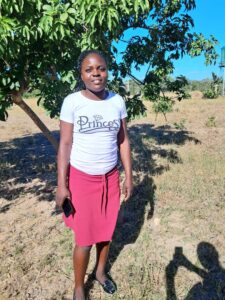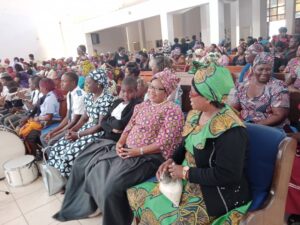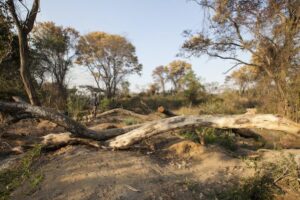Get the Latest News & Updates
From Zimbabwe Council of Churches

Theological Reflections: The Role of the Church in Natural Resources Management
By Rev. Douglas Maundukuse, ZCC Economic Justice Champion – Mathew 17: KJV- Notwithstanding, lest we should offend them, go thou to the sea, and cast

Church Community Mobilization process brings hope to the community in Buhera
STORY OF CHANGE – Chipo Kuvarega, a 32-year-old widowed woman from Mubaiwa village in Dorowa, Manicaland, once felt hopeless about the state of her community

Church and Civil Society Unite to Resist Controversial PVO Bill
By Leona Mahachi – In a bold move to safeguard the nation’s democratic freedoms, a coalition of fifty leaders from Church and Civil Society Organisations

11 years later, is the Zimbabwean Constitution a commendable document?
By Shamiso Saburi Dima – The Zimbabwe Council of Churches in collaboration with Crisis Coalition Zimbabwe convened a dialogue in which the integrity of the

ZCC commemorates Africa Day in Style
By Promise Mupfigo – On May 25, 2024, the Zimbabwe Council of Churches (ZCC) commemorated Africa Day in style at the United Methodist Church (UMC)

A Sound Mind in a Groaning Environment
By Nyasha J. Matandi, Church of Christ Nhowe In the realm of religious teachings, having a sound mind is not only about thinking rationally and


